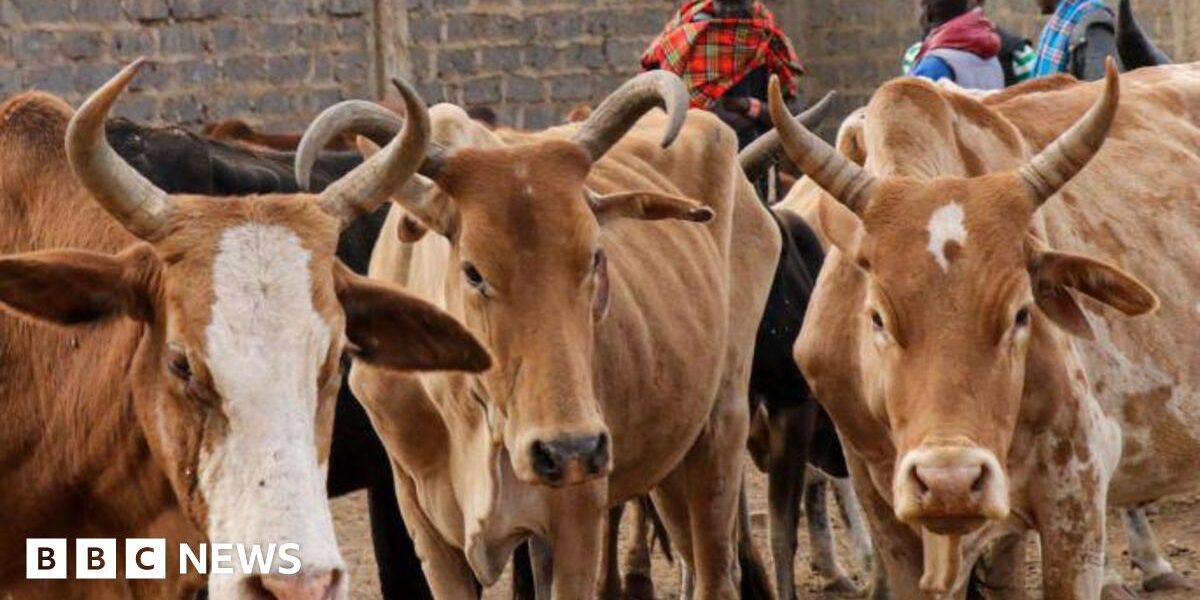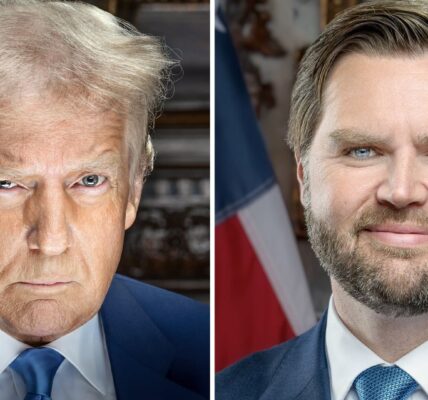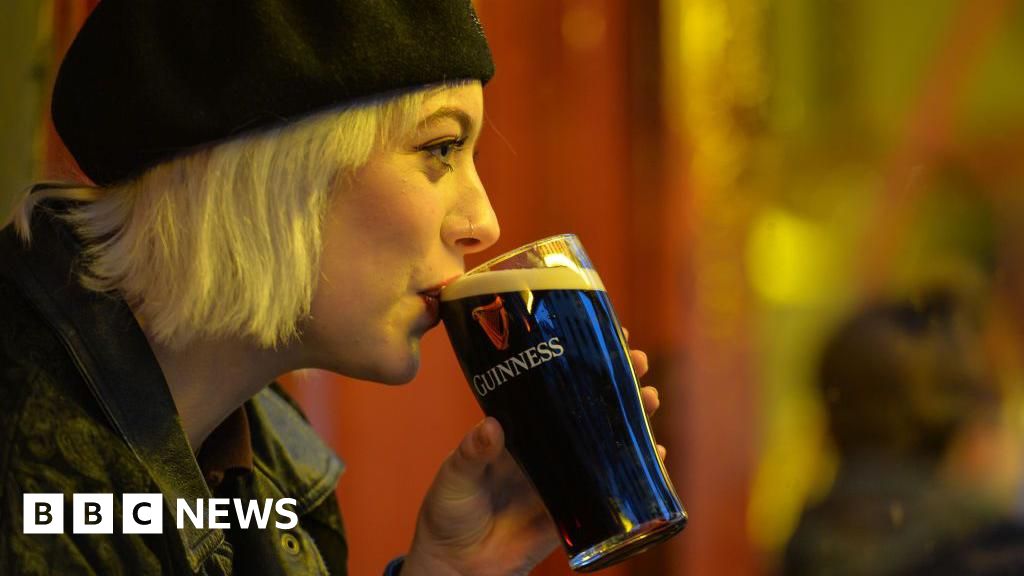Methane expelled by livestock belching and farting contributes about 15% of global emissions each year, UN estimates show. It is the most common greenhouse gas after carbon dioxide (CO2).
Jonathan Mueke, a senior official in Kenya’s agriculture ministry, has denied that Gates is involved in the livestock vaccination programme – adding that neither the US billionaire and philanthropist nor other foreign sources have provided funding.
But this has not stopped the conspiracy theories being circulated on social media, often by high-profile personalities.
Caleb Karuga, a former journalist and now an influential farmer, posted on X , externalthat he would resist the jabs, saying no-one will vaccinate his livestock just “because Bill Gates said so”.
Ledama Olekina, an opposition senator and prominent Maasai pastoralist, wrote on X, external: “There [are] millions of cows in Europe and America and none of them are being vaccinated for farting … mine will not be vaccinated.”
Gates has previously invested in projects to reduce methane emissions from cattle and is funding a US-based company looking to develop a vaccine, as are other US investors.
But Prof Ermias Kebreab from the University of California, Davis in the US, who has researched how to reduce methane emissions from livestock, told the BBC there was currently no livestock vaccine for reducing methane emissions in use.
“I wish we had one but that is still in development – and no-one has reached [the stage of] testing in animals yet,” he said.
However, such assurances have done little to quell misunderstanding about the motives of the vaccine campaign.
The distrust is being pushed by some opposition politicians, who have said the vaccines will alter the genetic make-up of livestock, potentially resulting in defective animals.
“Ruto is advancing a sinister foreign agenda. This plan is reckless and must be stopped,” said Kalonzo Musyoka, an opposition leader, not long after the initiative was announced.
When the BBC asked Musyoka about the specific claims that the vaccines could be harmful to the cattle, his spokesperson said the vaccination campaign was a “violation of the constitution”.
He added that it had been “shrouded in secrecy” and the government had not shared details about resources, implementation or technical details about the vaccines.
The suggestion that livestock vaccines will genetically change animals is misleading, according to Prof Ermias.
“It is very similar to people getting vaccinated to fight against various diseases. There is no report that it causes deformities or alters DNA,” the academic told the BBC.





